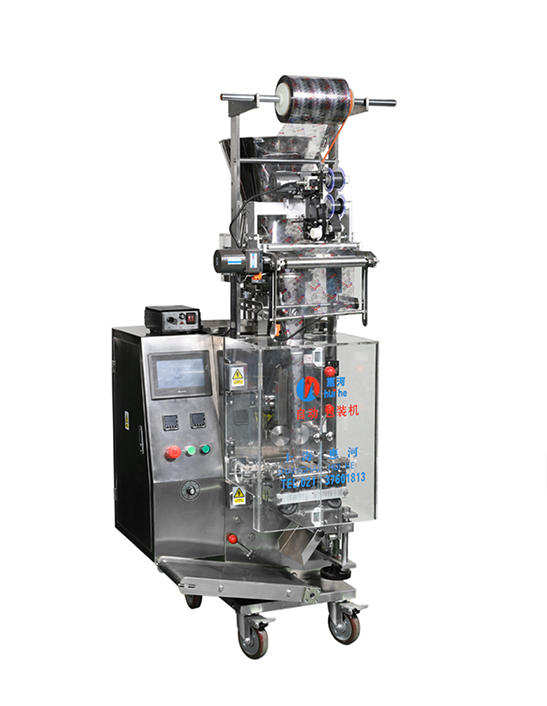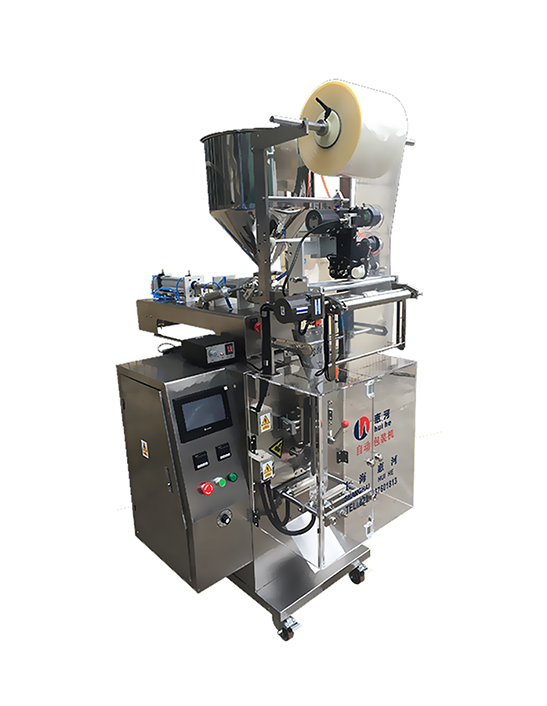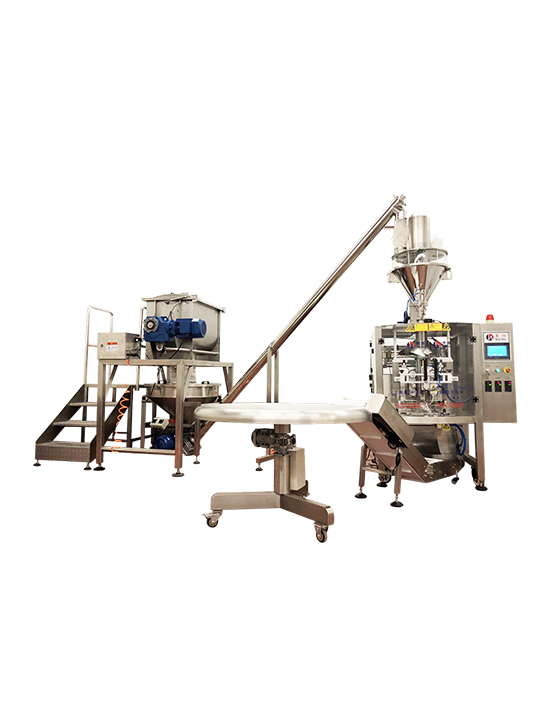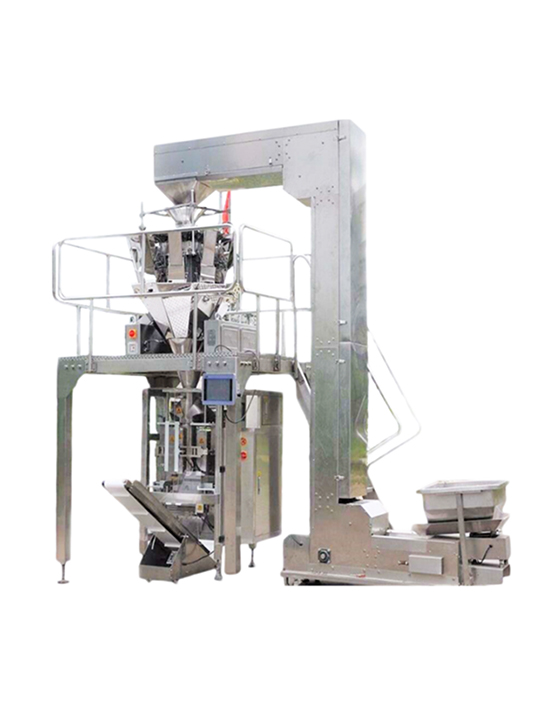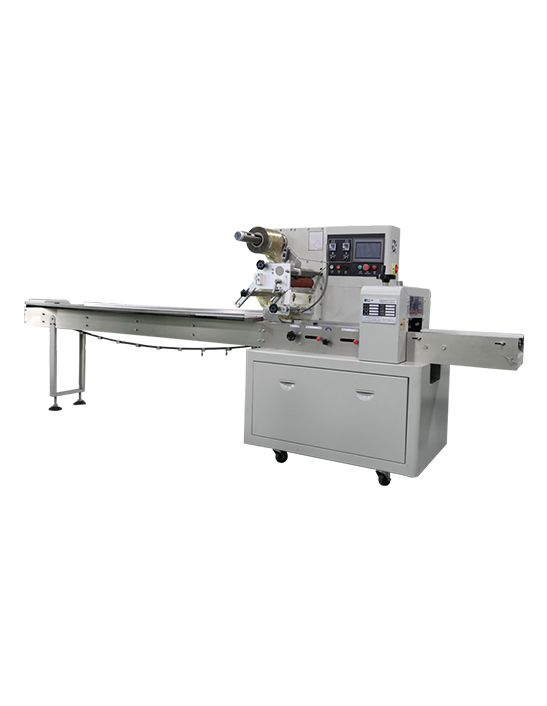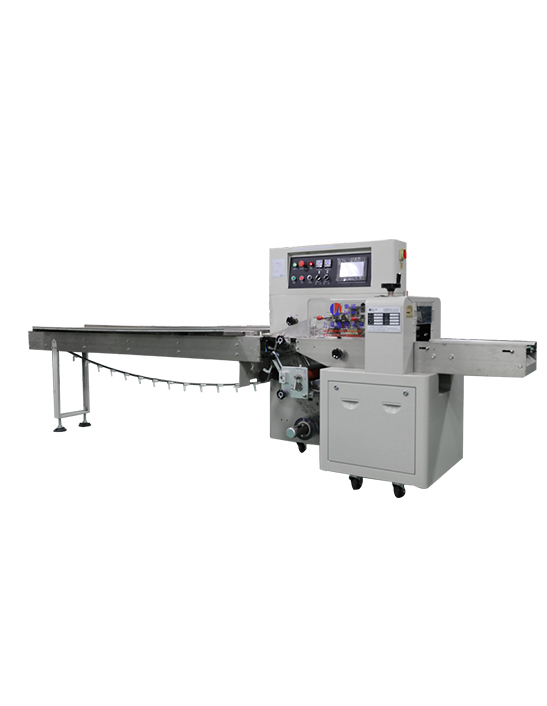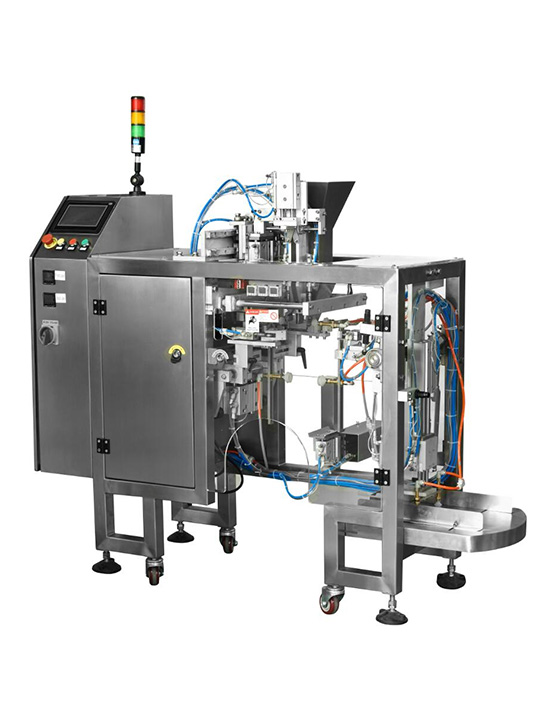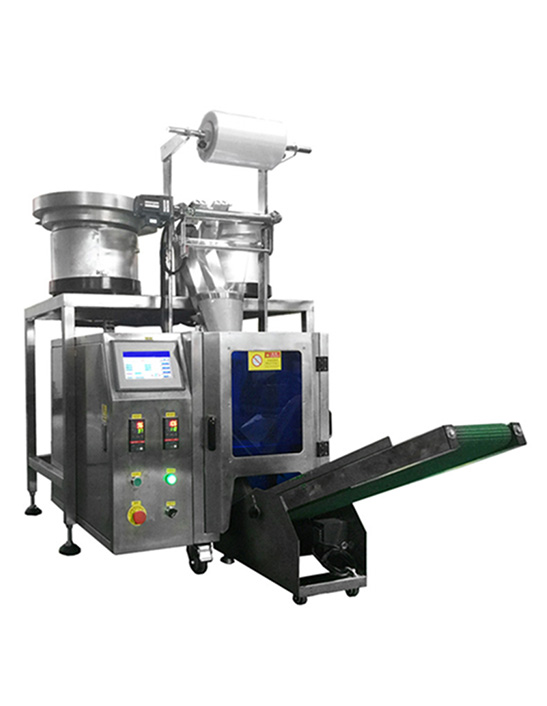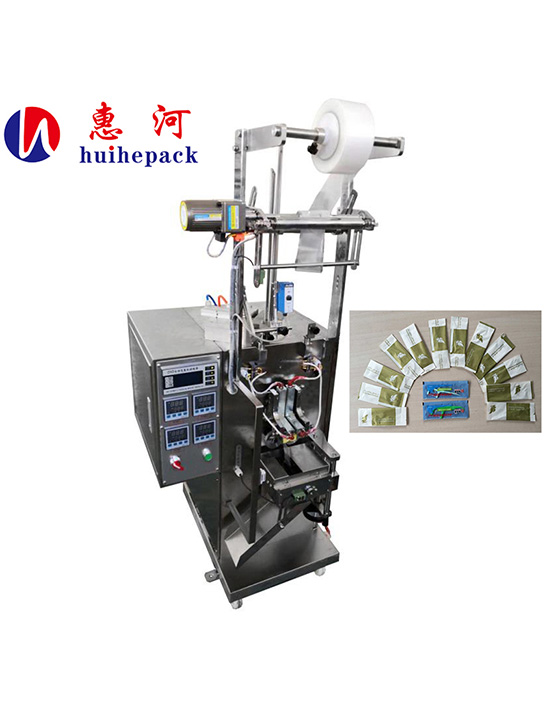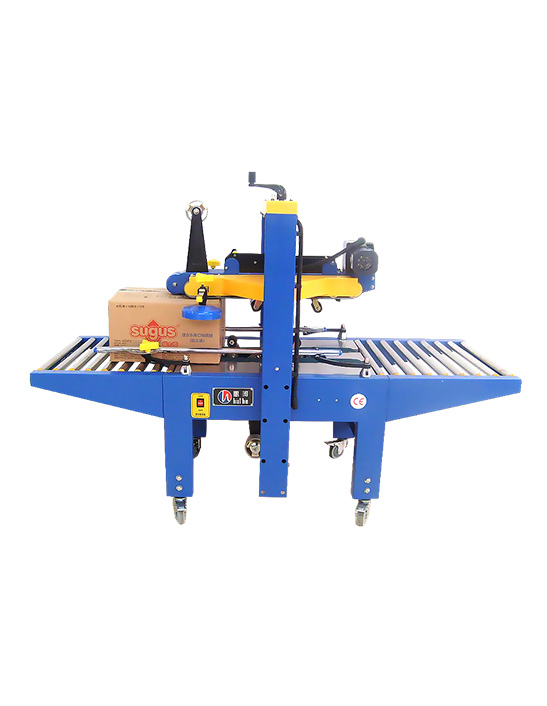Toothpicks, though small and seemingly simple, play an essential role in daily hygiene and culinary practices worldwide. As a result, the packaging of toothpicks is critical to ensure hygiene, convenience, and aesthetic appeal. Toothpick packing machines are specialized equipment designed to automate the packaging process, saving labor costs and enhancing efficiency. With advancements in technology, various types of toothpick packing machines have emerged, each tailored to specific packaging needs. This article explores the different types of toothpick packing machines, their features, and applications.
1. Manual Toothpick Packing Machines
Manual toothpick packing machines are the most basic type of equipment in the industry. These machines require human intervention for most operations, such as feeding the toothpicks into the machine, sealing the packages, and sometimes even counting the units.
Features and Applications:
- Low Cost: Manual machines are relatively inexpensive compared to semi-automatic and fully automatic systems.
- Simple Operation: They are easy to operate and do not require specialized training.
- Small-Scale Production: Ideal for small businesses or local manufacturers who do not require high-volume output.
Limitations:
- Slower packaging speed due to human involvement.
- Inconsistent output if operated improperly.
- Labor-intensive and may not be suitable for large-scale industrial production.
2. Semi-Automatic Toothpick Packing Machines
Semi-automatic packing machines provide a middle ground between manual and fully automatic systems. They typically require some human intervention for loading toothpicks but automate other steps such as counting, sealing, and labeling.
Features and Applications:
- Improved Efficiency: Compared to manual machines, semi-automatic systems significantly increase production speed.
- Versatile Packaging Options: Can handle various types of toothpick packaging, including plastic boxes, paper sleeves, or small cartons.
- Consistency: Provides more consistent packaging quality than manual operations.
- Cost-Effective: Less expensive than fully automatic machines while still offering automation benefits.
Limitations:
- Still requires operator involvement, which can limit efficiency.
- Not ideal for ultra-high-volume production facilities.
Semi-automatic machines are suitable for medium-sized manufacturers who want to improve productivity without investing in expensive fully automatic systems.
3. Fully Automatic Toothpick Packing Machines
Fully automatic toothpick packing machines are designed for high-volume production facilities. These machines handle all aspects of the packing process, including feeding, counting, sorting, sealing, and labeling.
Features and Applications:
- High Efficiency: Fully automatic machines can package thousands of toothpicks per hour, significantly reducing labor costs.
- Advanced Technology: Equipped with sensors, PLC (Programmable Logic Controller) systems, and touch-screen interfaces for precise operation.
- Versatility: Can handle multiple packaging types, such as paper sleeves, plastic boxes, composite packs, and even decorative gift packaging.
- Hygienic Packaging: Reduces human contact, ensuring higher hygiene standards.
- Integration: Can be integrated with other production line equipment, such as toothpick making machines and labeling systems.
Limitations:
- Higher initial investment compared to manual and semi-automatic machines.
- Requires trained operators for maintenance and troubleshooting.
Fully automatic systems are ideal for large-scale manufacturers targeting supermarkets, wholesalers, and export markets, where speed, hygiene, and consistency are paramount.
4. Stick-to-Box Toothpick Packing Machines
Some packing machines are specifically designed to package toothpicks into small boxes or cartons. These machines automatically align toothpicks, count the correct quantity, and insert them into boxes before sealing.
Features and Applications:
- Precision Counting: Ensures each box contains an exact number of toothpicks.
- Compact Packaging: Produces neat and standardized packages suitable for retail.
- Automation: Reduces labor while maintaining product consistency.
These machines are widely used by brands selling premium or standard toothpick boxes in supermarkets and convenience stores.

5. Wrapper-Based Toothpick Packing Machines
Wrapper-based machines package toothpicks individually or in small bundles using a thin film or paper wrapper. This packaging type is common for disposable toothpicks used in restaurants, hotels, or catering services.
Features and Applications:
- Individual Hygiene: Each toothpick is wrapped to maintain hygiene, especially in food service industries.
- Customizable Packaging: Can include printed logos, brand information, or promotional content.
- High-Speed Operation: Capable of processing thousands of toothpicks per hour.
This type of machine is essential for manufacturers supplying hygienic toothpicks to hotels, restaurants, airlines, and fast-food chains.
6. Bundle Packing Machines
Bundle packing machines group multiple toothpicks together using elastic bands, shrink films, or paper sleeves. These machines are suitable for producing packs that contain multiple toothpicks for retail or wholesale purposes.
Features and Applications:
- Versatile Packaging: Can bundle various quantities, such as 10, 20, or 50 toothpicks per pack.
- Cost Efficiency: Reduces the cost per unit compared to individually wrapped toothpicks.
- Speed and Consistency: Automates the bundling process for high-volume production.
Bundle packing machines are commonly used by manufacturers producing economical toothpick packs for large-scale retail and export markets.
7. Specialized Machines for Decorative Toothpicks
Decorative or novelty toothpicks, such as those with colored tips, logos, or decorative designs, require specialized packing machines. These machines are designed to handle toothpicks with different shapes or sizes while ensuring the decorative elements remain intact.
Features and Applications:
- Precision Handling: Prevents damage to decorative elements during packaging.
- Custom Packaging: Supports creative packaging solutions like gift boxes or themed packages.
- Automation: Provides consistent output even for complex toothpick designs.
These machines are popular among companies targeting premium, novelty, or event-specific markets.
8. Factors to Consider When Choosing a Toothpick Packing Machine
When selecting a toothpick packing machine, manufacturers should consider several factors to ensure they choose the right equipment for their needs:
- Production Volume: Small businesses may only need manual or semi-automatic machines, while large-scale manufacturers require fully automatic systems.
- Packaging Type: Consider whether toothpicks will be packaged in boxes, wrappers, bundles, or specialized decorative packs.
- Material Handling: Ensure the machine can handle the material type, whether wooden, bamboo, or plastic toothpicks.
- Automation Level: Decide between manual, semi-automatic, or fully automatic systems based on budget, labor availability, and desired efficiency.
- Hygiene Requirements: Particularly important for toothpicks intended for food service, healthcare, or export markets.
- Maintenance and Training: Evaluate the ease of operation, availability of spare parts, and support from the manufacturer.
9. Conclusion
The market for toothpick packing machines has evolved to meet diverse packaging needs, from small-scale artisanal producers to large industrial manufacturers. Manual machines cater to low-volume production, semi-automatic systems balance efficiency and cost, and fully automatic machines are ideal for high-volume, hygienic, and precise packaging. Specialized machines, such as stick-to-box, wrapper-based, bundle, and decorative toothpick packers, further expand the capabilities of manufacturers to meet niche and standard market demands.
By understanding the types of toothpick packing machines available and their specific applications, manufacturers can make informed decisions that enhance productivity, ensure product quality, and meet consumer expectations. Whether producing simple hygienic toothpicks or decorative novelty packs, selecting the right packing machine is crucial for operational efficiency and market competitiveness.

 英语
英语 西班牙语
西班牙语 简体中文
简体中文
